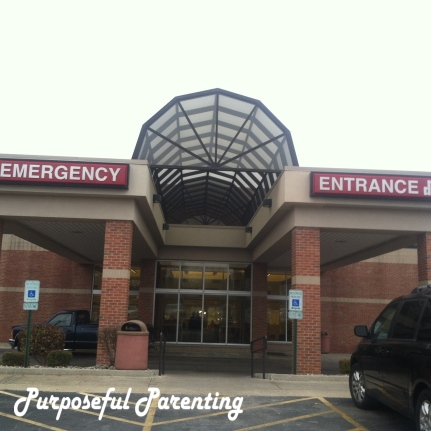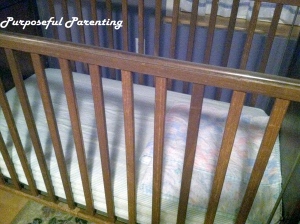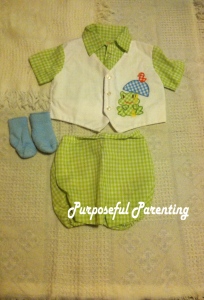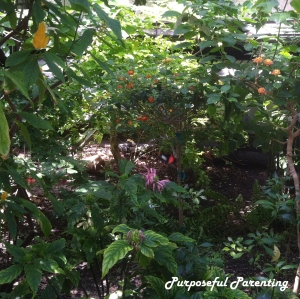Emergencies happen. They are not planned and so one cannot truly prepare for them. A few years ago there was a widely popular book series and games built upon worst case scenarios. These were entertaining and humorous because the players or readers were not actually trapped in the scenarios and could examine them from afar. Imaginary settings can be absent of the typical fear and stress induced adrenalin of true emergencies. I wonder if these books or games have proven to be factual and helpful in real life?
Families have emergencies. It is an event that is unexpected and critical. The agenda has changed and all other plans are abandoned. Life or health may be pending. It is a frightful time. Adults and children are affected, though differently. It is troubling for both. Adults understand the greater magnitude of problems. Children’s innocence and naivety protects them but their immaturity does not equip them. Adults should be mature enough to cope better with problems, but often they do not know what to do either.

When an emergency arises take the necessary time to communicate with your children. Explain as many details as possible which are age appropriate. Don’t make any promises you may not be able to keep. Don’t guarantee a grandparent will recover from their stroke or heart attack, if there is not plenty of evidence to support that claim. Do give much assurance that the best possible care is being given to their loved one. Be generous with hugs and words of love and comfort. Pray together. Cry together.
Develop your contingency plan and clearly explain what needs to be done when, where, and how. Allow your child to ask questions and express concerns. They may even have some worthy suggestions. Tell them they may need to be exceptionally strong and brave and that you know they are able to do so. Help them to focus on the needs and feelings of others and not just on their own.
I recall one Friday afternoon when I was about eight years old (I really hope I was that young) arriving home from school excited because I knew we were going to go to my grandparents’ home for the weekend. I was informed that the trip was cancelled because one of my parents had to work overtime. No one was sick or dying, but I was crushed. My crying was so ridiculously exaggerated for the occasion that my mom grabbed her camera and took my photograph. That made me mad I wanted to hide my face so I pulled my dress up over my head but exposed my underwear. My reaction to my disappointment was outrageous and just continued to get worse. My mom took the photo anyway! I recovered.
Children are so childish. That is nature/normal. Don’t shield them from all emergencies and disasters. Journey through it with them and help them handle the struggles that arise.
P.S. Remembering our own childhood nonsense helps us be more understanding towards our children.





